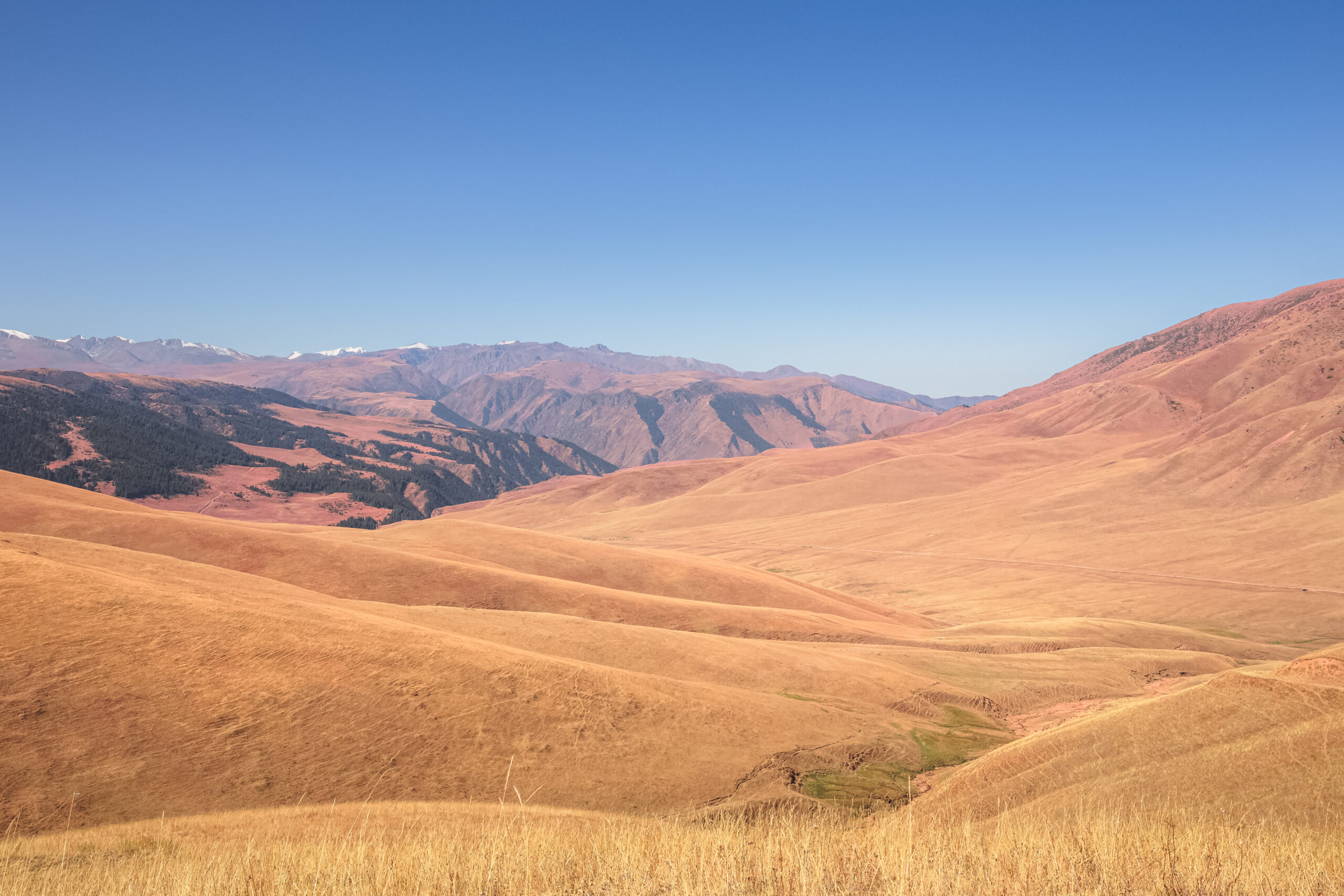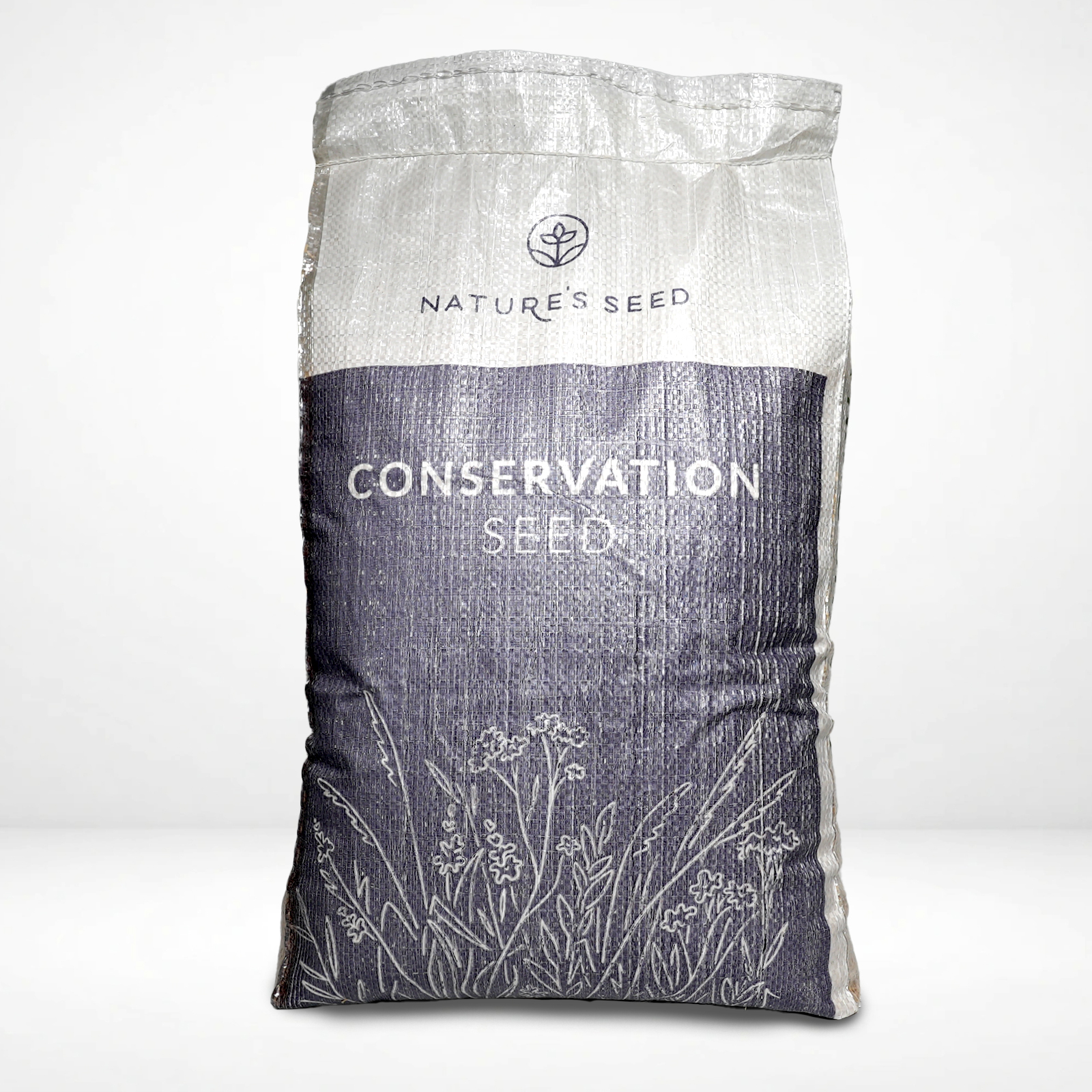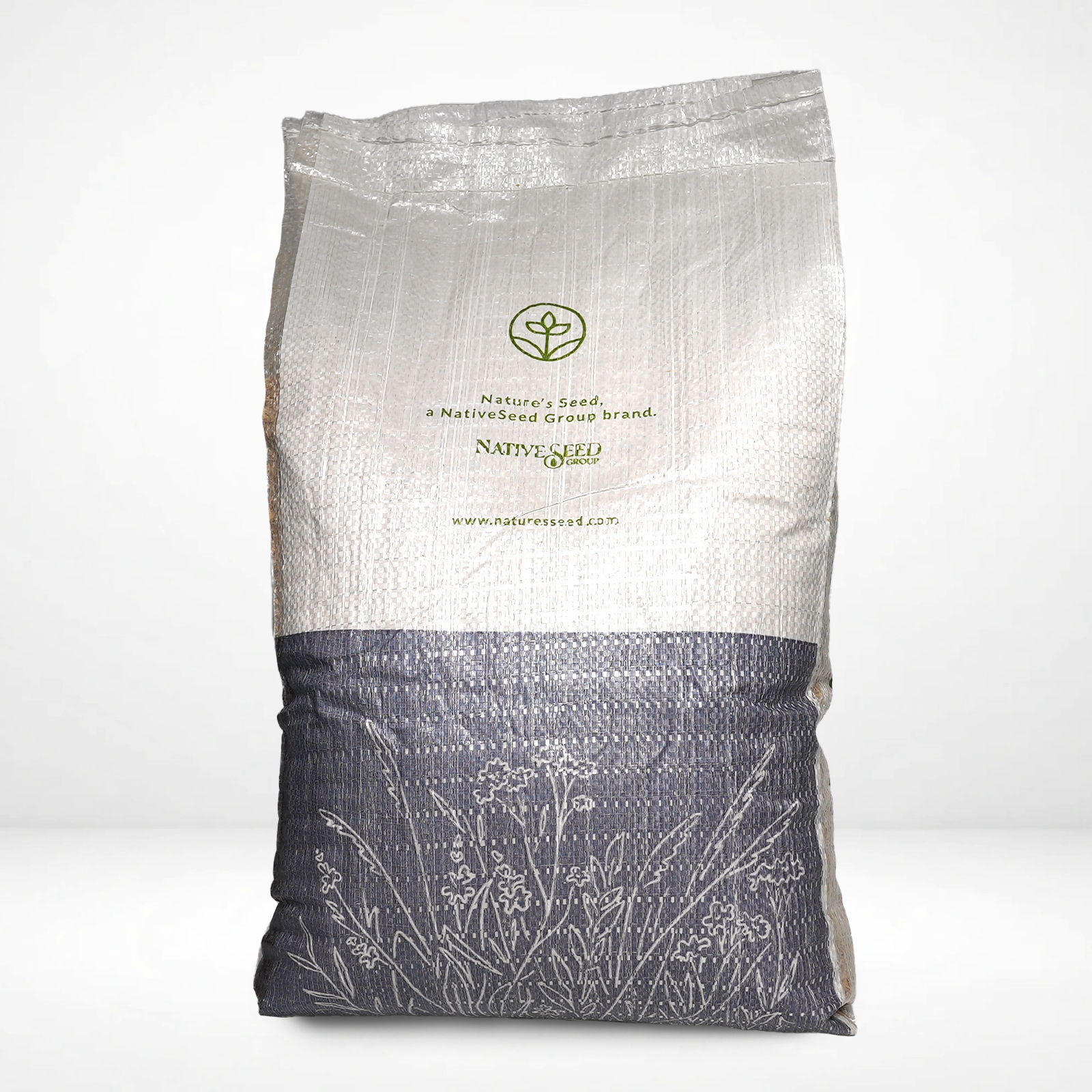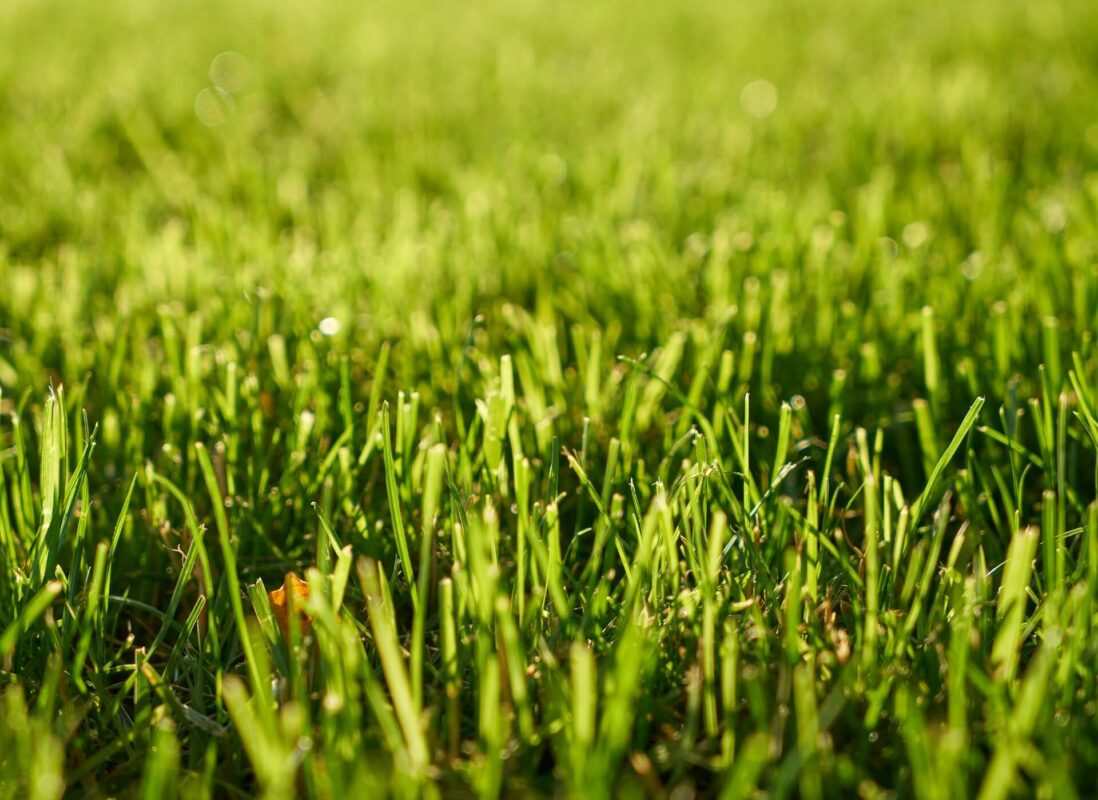This mix pairs well with native wildflowers in dry regions. Seeding at a reduced rate allows space and sunlight for flower species to establish. Together, they create a resilient, low-water meadow that supports pollinators and prevents erosion naturally.
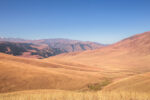
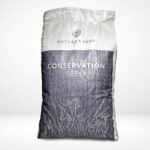
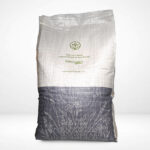
What is the Native Dryland & Erosion Control Mix?
Native Dryland & Erosion Control is a rugged blend of native grasses for erosion control and soil stabilization in dry, low-rainfall areas. Fast to establish and long-lasting, this mix is ideal for slopes, ditches, and disturbed soils. Thrives in arid regions and supports soil health and native wildlife.
Specifications
Sun Requirement
Full sun to partial shade
Soil Preference
Well-drained to moderately compacted soils; tolerates sandy, loamy, or clay soils
Soil pH
5.5–8.0
Time to Maturity
2-3 months to initial establishment
Height when mature
2 to 5 feet
Seeding Rate
10–20 lbs per acre
Planting Depth
1/8–1/4 inch
Specialty Seed
New, Pasture Seed, Seed Selector
Native Dryland & Erosion Control Mix
SKU: CV-NEC
Does This Product Grow Well in Your Region?
Check your region
$99.99 – $429.99Price range: $99.99 through $429.99
Why Choose This Seed?

Erosion Control Made Easy
This mix protects vulnerable soils with fast-growing species like Slender Wheatgrass and deep-rooted Western Wheatgrass. It’s ideal for slopes, ditches, and disturbed ground, anchoring soil naturally and preventing runoff—even in tough, dry conditions.
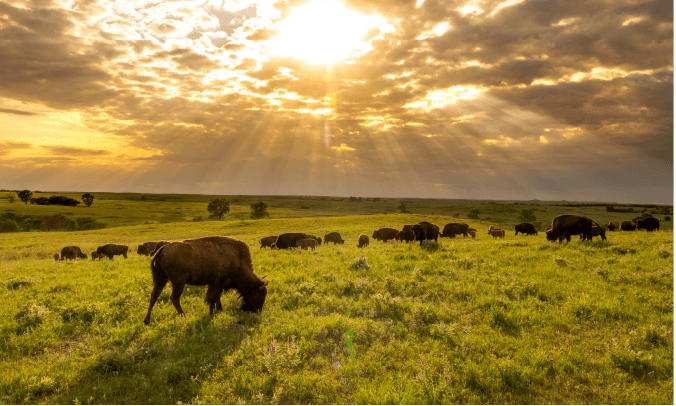
Supports Ecosystems
By using native grasses, the mix encourages wildlife habitat and supports pollinators. Its dense cover suppresses weeds, promotes soil health, and enhances biodiversity—making it ideal for conservation, ranchlands, and habitat restoration.
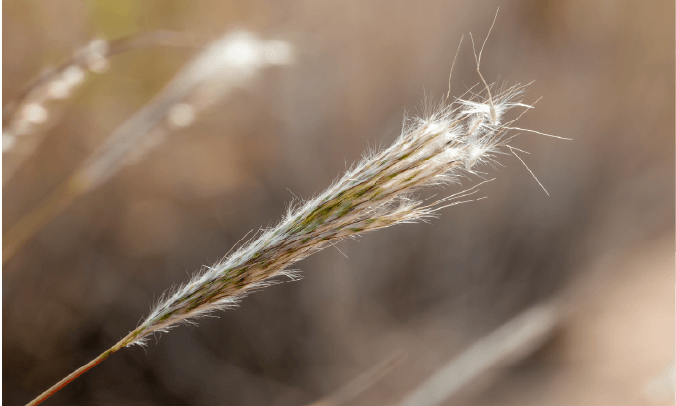
Versatile Applications
Whether you’re stabilizing a hillside, restoring rangeland, or protecting roadsides, this mix delivers. It’s commonly used for infrastructure projects, post-construction revegetation, and large-scale land rehabilitation across USDA zones 3–7.
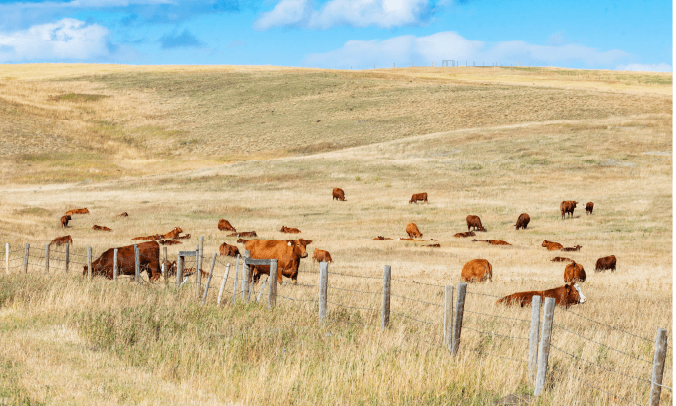
Forage & Grazing Support
While not a high-yield pasture mix, this blend provides moderate forage for livestock in dryland systems. Grasses like Western Wheatgrass and Virginia Wildrye offer seasonal grazing value, especially in spring and fall, making it suitable for low-input native pasture restoration.
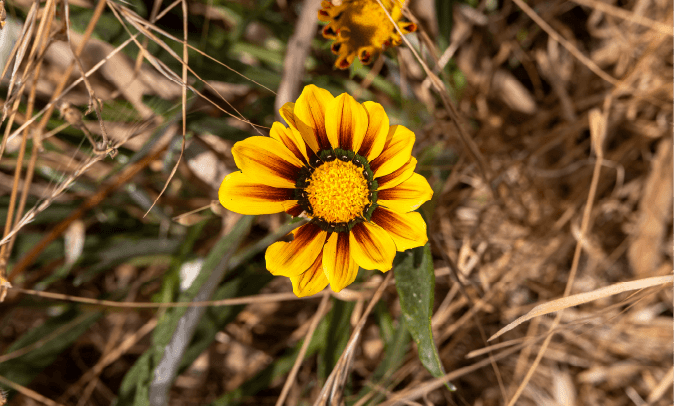
Wildflower-Friendly Groundcover
Seed Description
Product Details
Sun/Shade
Full sun to partial shade
Height
2 to 5 feet
Seeding Rate
10–20 lbs per acre
Uses
Erosion control, dryland reclamation, native pasture, wildlife habitat, slope stabilization
Color
Green foliage; may produce seed heads with tan or purplish tones depending on species
Water
Low water requirements once established
Native/Introduced
North America
Life Form
perennial grasses (mix of bunchgrass and sod-forming types)
Product Uses
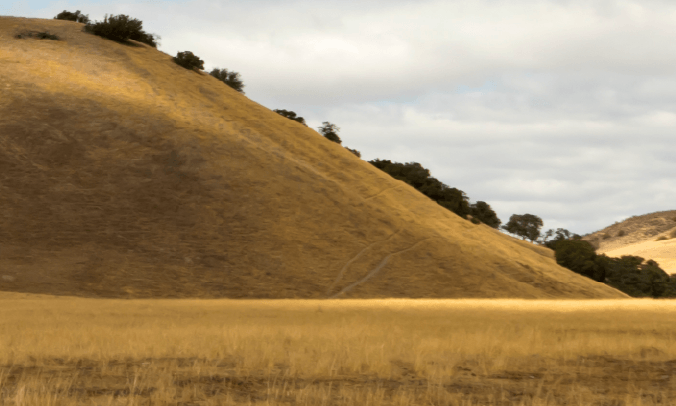
Erosion Control on Slopes and Disturbed Sites
This mix is engineered for tough environments where soil erosion is a major concern. Fast-germinating species like Slender Wheatgrass quickly cover bare ground, while deep-rooted Western Wheatgrass locks in soil on steep slopes and loose soils. It’s ideal for preventing runoff and sediment loss on construction sites, roadside embankments, and degraded hillsides.
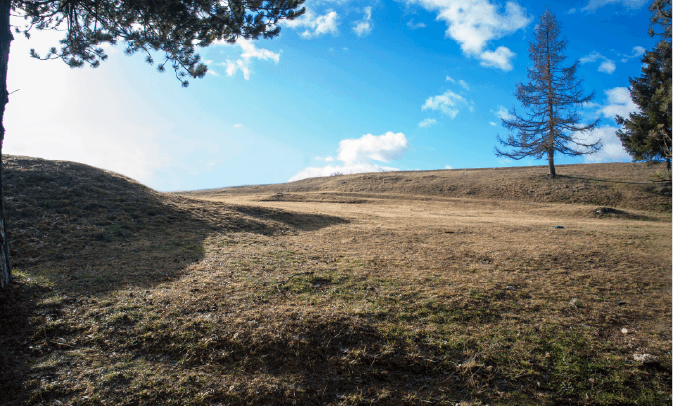
Dryland Revegetation and Rangeland Restoration
Designed for arid and semi-arid regions, this mix thrives in low-moisture, low-input systems. Whether restoring native grasslands or reseeding disturbed rangeland, it establishes reliably and requires minimal irrigation or fertilization. Once mature, it supports long-term plant cover and soil health, helping to rebuild resilient landscapes.

Infrastructure and Utility Projects
For pipelines, road shoulders, and utility corridors in dry climates, this mix offers fast stabilization and minimal maintenance. Its hardy native grasses reduce erosion during and after construction while enhancing the ecological value of disturbed areas. The result is a self-sustaining, low-input vegetation cover that aligns with environmental compliance goals.
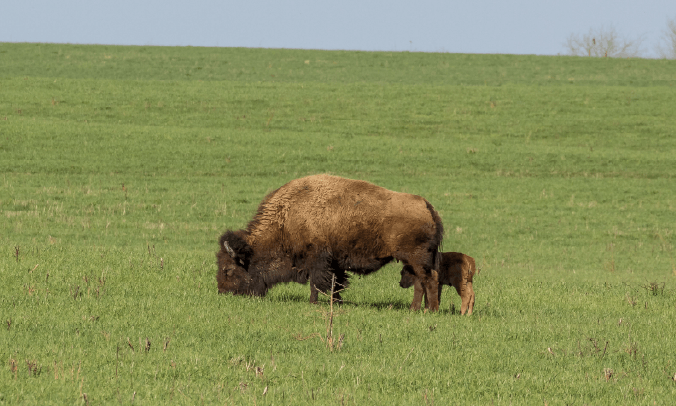
Low-Maintenance Wildlife Habitat
The mix supports native wildlife with both cover and forage, especially for birds and pollinators. Its diverse structure and seasonal growth patterns create habitat complexity that benefits beneficial insects and small mammals. It’s a strong choice for landowners and conservation groups aiming to boost biodiversity on dry sites.
Questions & Answers
What is the Native Dryland & Erosion Control Mix, and why do landowners plant it?
This is a specialized blend of cool-season native grasses selected for dryland erosion control. Landowners use it to stabilize soil, restore degraded sites, and promote native habitat—especially where water is limited and soils are prone to erosion. It’s commonly used on rangeland, hillsides, rights-of-way, and post-construction sites.
Is this mix good for grazing or forage production?
Yes, with proper management. Species like Western Wheatgrass and Slender Wheatgrass offer moderate forage quality and palatability for livestock, particularly in spring and fall. While not a high-yield pasture mix, it’s useful for low-input grazing systems in arid and semi-arid regions.
How drought-tolerant is this mix once established?
Extremely. These grasses are native to regions with 10–20 inches of annual precipitation. After establishment (typically by the second growing season), they can persist through prolonged drought, making them ideal for dry rangeland or reclamation in the western U.S.
Is it compatible with wildflowers or pollinator mixes?
Yes. These grasses grow well alongside native wildflowers adapted to dry climates. To ensure successful establishment of both, reduce grass seeding rates slightly when planting with flowers and choose species with similar growth habits and timing.
What regions is this mix best suited for?
It performs well in USDA Hardiness Zones 3–7, especially across the western and central U.S.—including the Great Plains, Intermountain West, and parts of the Midwest. It’s ideal for elevations up to 8,000 ft and areas with 10–20 inches of annual precipitation.
How does this mix help control erosion?
This mix combines fast-germinating grasses like Slender Wheatgrass with deep-rooted, sod-forming natives like Western Wheatgrass. Together, they provide both immediate surface cover and long-term root structure that anchors soil on slopes, ditches, and disturbed sites—reducing runoff, sediment loss, and soil degradation, even in dry or degraded environments.
Still have
questions?
Our planting experts
are here to help.
customercare@naturesseed.com
Response time:
Within 1 business day
Reviews
The Native Dryland & Erosion Control Mix is a rugged, cool-season blend of native grasses designed specifically for dry, low-rainfall environments where erosion control and soil stabilization are a top priority. Containing Canada Wildrye, Virginia Wildrye, Slender Wheatgrass, and Western Wheatgrass, this mix excels in semi-arid regions, upland slopes, and disturbed soils, offering quick establishment, long-term durability, and strong ecological benefits.
Ideal for everything from rangeland restoration to infrastructure projects, this mix combines fast-growing pioneer species with deep-rooted, sod-forming natives that protect and rebuild the land naturally. Whether you’re preventing runoff on a dry hillside or reclaiming a disturbed site, the Native Dryland Mix gives you the soil-holding power and resilience you need.
Key Benefits:
Native Erosion Control
-
Dense root systems from Western Wheatgrass and Virginia Wildrye anchor soil effectively, even on slopes and in poor soils.
-
Slender Wheatgrass and Canada Wildrye establish rapidly, providing early-season cover to minimize wind and water erosion.
Built for Dryland Conditions
-
Thrives in low-moisture, nutrient-poor, and lightly compacted soils across the western and central U.S.
-
Withstands drought, heat, and grazing pressure once established, ensuring long-term persistence.
Quick Establishment with Long-Term Stability
-
Delivers both short- and long-term erosion control by combining quick germinators with persistent sod-formers.
-
Provides a gradual, sustainable transition from temporary cover to permanent native ground cover.
Supports Biodiversity and Soil Health
-
Provides habitat and forage for native wildlife, pollinators, and beneficial insects.
-
Encourages deeper soil development and suppresses weed competition through healthy ground cover.
What’s in the Mix:
-
Canada Wildrye (Elymus canadensis) – Fast-growing bunchgrass that helps stabilize disturbed soils quickly.
-
Virginia Wildrye (Elymus virginicus) – Cool-season native that tolerates partial shade and contributes lasting erosion resistance.
-
Slender Wheatgrass (Elymus trachycaulus) – Rapid germination and excellent ground cover in dry, challenging conditions.
-
Western Wheatgrass (Pascopyrum smithii) – Deep-rooted, sod-forming perennial that holds soil in place year after year.
Ideal For:
-
Erosion control on dry slopes, ditches, and reclaimed land
-
Native pasture and dryland forage systems
-
Habitat restoration and conservation projects
-
Low-input revegetation in arid or semi-arid regions
The Native Dryland & Erosion Control Mix is your go-to solution for sustainable erosion control and land rehabilitation in tough, dry climates. With hardy native grasses working together above and below the surface, this mix brings stability, resilience, and ecological value to your landscape.
For the contents of this seed mix by weight, please contact us to request a digital copy of the seed tag.
| Seeding Rate | |
|---|---|
| Seeding-rate |
20 Lbs./ Acre |
| Coverage Area | , , |
Related Products
-15%
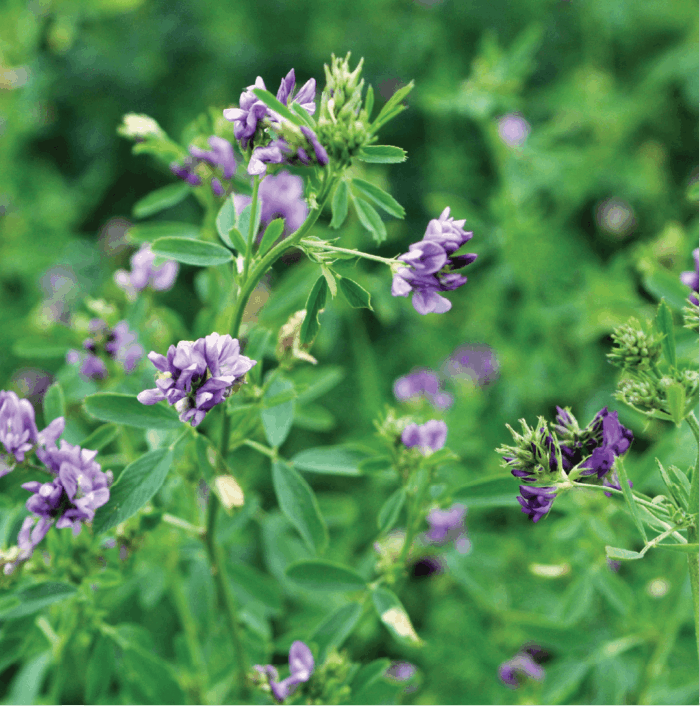
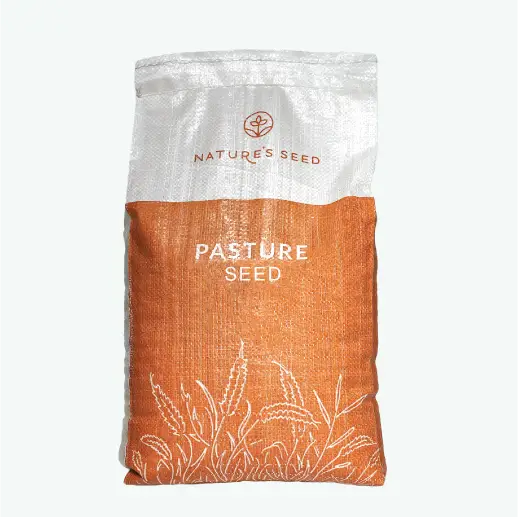
Individual Pasture Seed
Alfalfa
Medicago sativa | PG-MESA
(4.7) - 145 reviews
$6.99/lb
Supported Species:
Cattle, Poultry, Sheep, Goats, Horse, Bison, Alpaca/Llama
Cattle, Poultry, Sheep, Goats, Horse, Bison, Alpaca/Llama
Regions:
Northern USDA Regions (3-5), Southern USDA Regions (8-10), Transitional USDA Regions (6-8)
Northern USDA Regions (3-5), Southern USDA Regions (8-10), Transitional USDA Regions (6-8)
Options Available
View Product
5 Lbs - 10,000 Sq. Ft.
$39.99 ($7.99/lb)
25 Lbs - 50,000 Sq. Ft.
$179.99 ($7.19/lb)
50 lbs - 100,000 Sq. Ft.
$339.99 ($6.79/lb)
-20%New
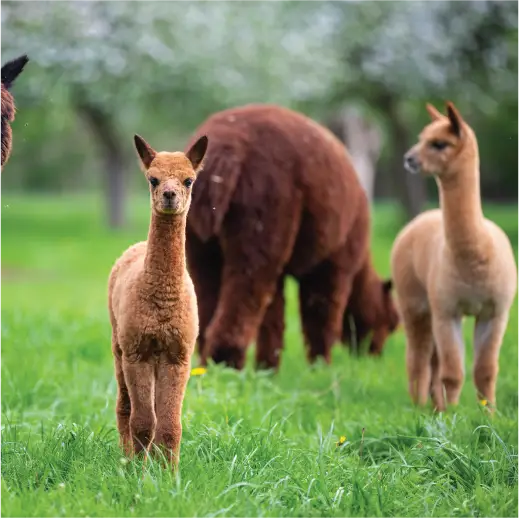
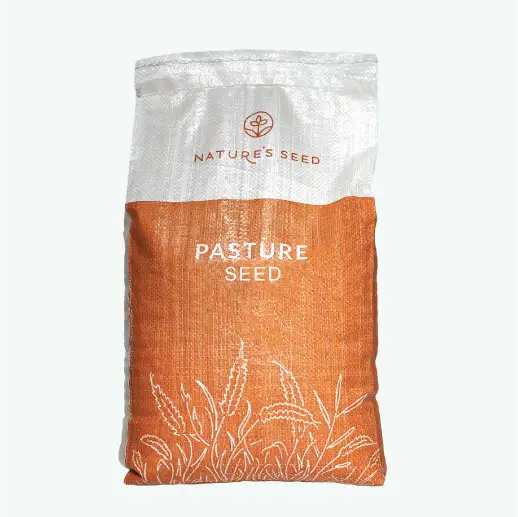
Complete Forage Mix
Alpaca & Llama Forage Mix
PB-ALPACA
(4.7) - 145 reviews
$2.40/lb
Supported Species:
Alpaca/Llama
Alpaca/Llama
Regions:
Northern USDA Regions (3-5), Southern USDA Regions (8-10), Transitional USDA Regions (6-8)
Northern USDA Regions (3-5), Southern USDA Regions (8-10), Transitional USDA Regions (6-8)
Options Available
View Product
10 Lbs - 20,000 Sq Ft
$29.99 ($2.99/lb)
20 Lbs - 40,000 Sq Ft
$49.99 ($2.49/lb)
50 lbs - 100,000 Sq. Ft.
$119.99 ($2.39/lb)
-20%
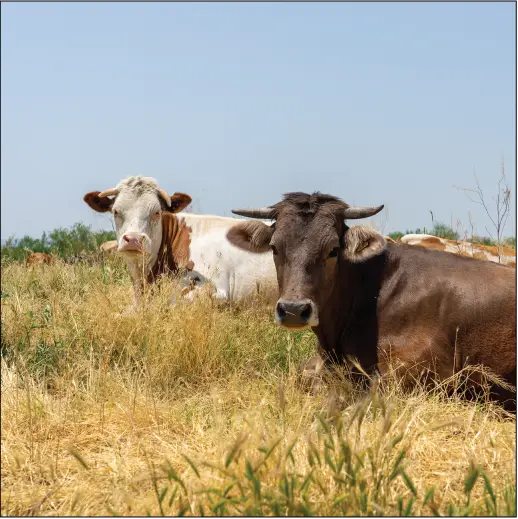

Complete Forage Mix
Cattle & Dairy Cow Pasture Mix for Warm Season
PB-COW-SO
(4.7) - 145 reviews
$3.20/lb
Supported Species:
Cattle
Cattle
Regions:
Southern USDA Regions (8-10)
Southern USDA Regions (8-10)
Options Available
View Product
10 Lbs - 20,000 Sq Ft
$39.99 ($3.99/lb)
20 Lbs - 40,000 Sq Ft
$69.99 ($3.49/lb)
50 lbs - 100,000 Sq. Ft.
$159.99 ($3.19/lb)
-16%New
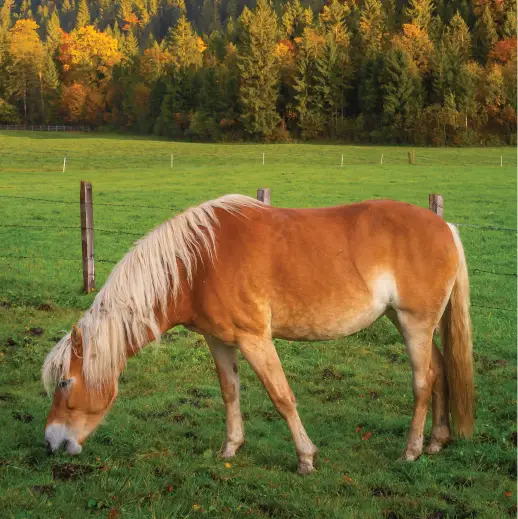
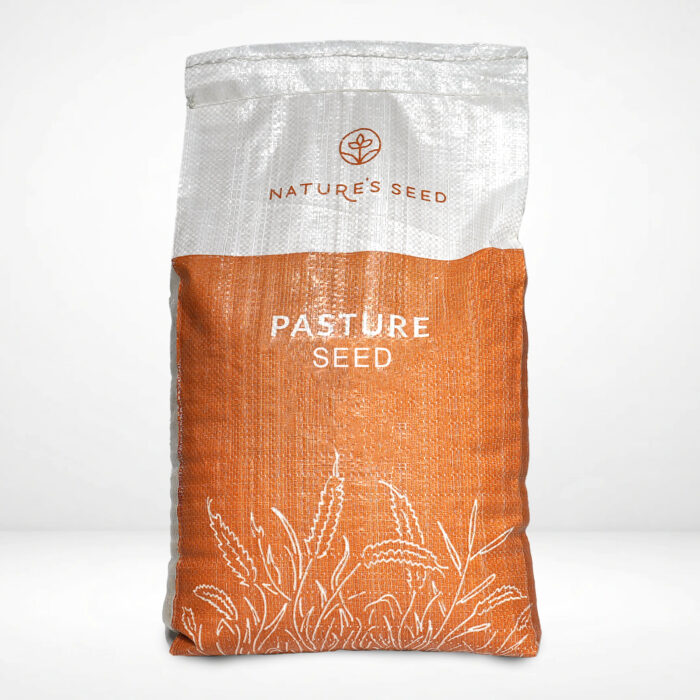
Complete Forage Mix
Horse Pasture Mix – Transitional
PB-HRSE-TR
(4.7) - 145 reviews
$4.20/lb
Supported Species:
Horse
Horse
Regions:
Transitional USDA Regions (6-8)
Transitional USDA Regions (6-8)
Options Available
View Product
10 Lbs - 20,000 Sq Ft
$49.99 ($5.00/lb)
20 Lbs - 40,000 Sq Ft
$89.99 ($4.50/lb)
50 lbs - 100,000 Sq. Ft.
$209.99 ($4.20/lb)
-20%New
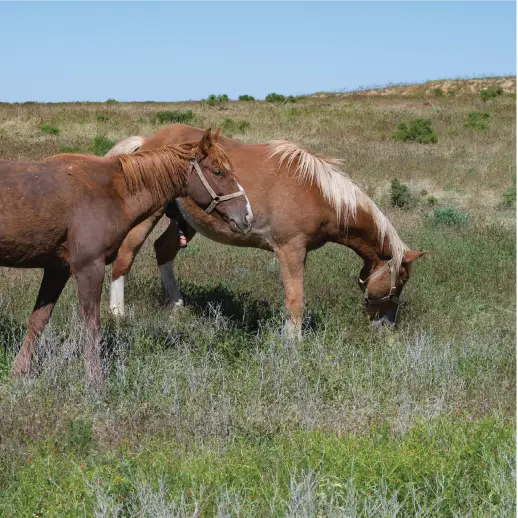

Complete Forage Mix
Horse Pasture Mix | Warm Season
PB-HRSE-SO
(4.7) - 145 reviews
$3.20/lb
Supported Species:
Horse
Horse
Regions:
Southern USDA Regions (8-10)
Southern USDA Regions (8-10)
Options Available
View Product
10 Lbs - 20,000 Sq Ft
$39.99 ($4.00/lb)
20 Lbs - 40,000 Sq Ft
$69.99 ($3.50/lb)
50 lbs - 100,000 Sq. Ft.
$159.99 ($3.20/lb)
-20%New
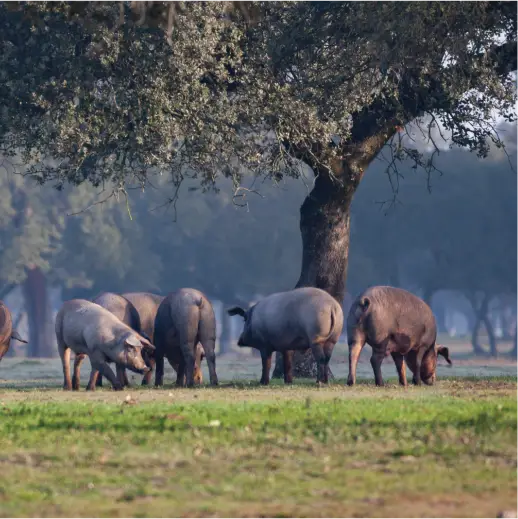

Complete Forage Mix
Pig Pasture & Forage Mix
PB-PIG
(4.7) - 145 reviews
$4.20/lb
Supported Species:
Pig
Pig
Regions:
Northern USDA Regions (3-5), Southern USDA Regions (8-10), Transitional USDA Regions (6-8)
Northern USDA Regions (3-5), Southern USDA Regions (8-10), Transitional USDA Regions (6-8)
Options Available
View Product
10 Lbs - 20,000 Sq Ft
$49.99 ($5.00/lb)
20 Lbs - 40,000 Sq Ft
$79.99 ($4.00/lb)
50 lbs - 100,000 Sq. Ft.
$209.99 ($4.20/lb)
